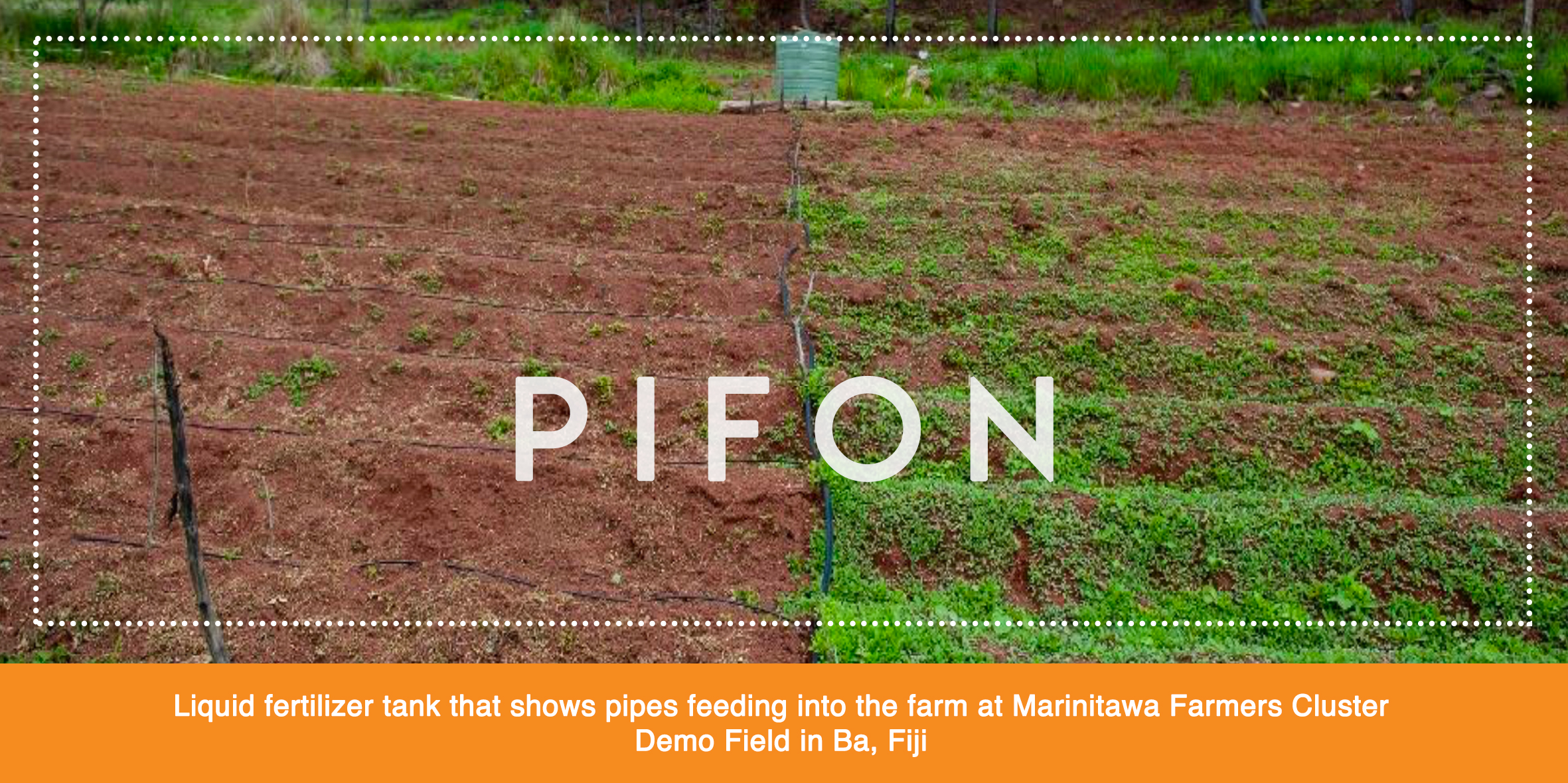D E C E M B E R 2 0 2 1

Tuesday 14
Marinitawa, Fiji – Many farmers leave waste from livestock and crops on their farms, or throw the waste into rivers, causing environmental problems such as eutrophication. Methane emissions from animal waste also contribute to the smell and pollution, and has been found to be more potent than carbon dioxide when it comes to warming the planet.
Rise Beyond the Reef is an organization based in Sabeto, Fiji that is hoping to change how organic waste in rural communities is managed.
Part of the program that they run is encouraging the use of Biogas to provide unlimited cooking gas and organic fertilizer in the rural communities they work with. The Marinitawa Farmers Cluster was one of the first communities that got to experience the benefits of the Biogas unit that was installed in early October of this year.
A total of 45 men, 35 women and 25 youths will benefit from this single unit.
Joana Soqonavanua, a 50-year-old women who is a member of the Marinitawa Farmers Cluster shared that her family has witnessed a tremendous change in the growth rate of their vegetables. “The liquid fertilizer that the Biogas unit provides has boosted the growth of the chillies, eggplant and lemon grass we grow at home. We can now harvest these vegetables in a shorter time span thanks to the organic liquid fertilizer provided by the system” says Mrs. Soqonavanua.
She also mentioned that they use to depend heavily on firewood for cooking but once the Biogas technology was introduced by Rise Beyond the Reef it has saved them a lot of time spent on collecting firewood. Joana explains that during rainy and cyclone seasons in Fiji firewood is unreliable, however they could trust that this technology can continue to supply them with cooking gas and fertilizer even during unstable times
Rise Beyond the Reef Co-Founder – Semi Lotawa in a statement said that with the assistance provided by the Pacific Islands Rural and Agriculture Stimulus Facility – PIRAS project the organization plans to install more Biogas units in other rural communities.
The project is a joint partnership between the International Fund for Agricultural Development, Australian Government Department of Foreign Affairs and Trade, Asian Farmers Association and the Pacific Island Farmers Organisations Network.
